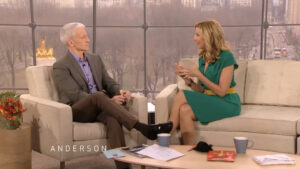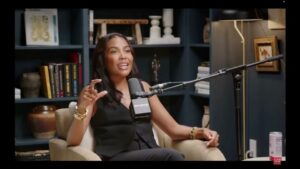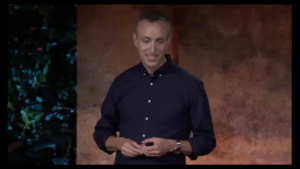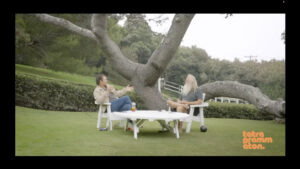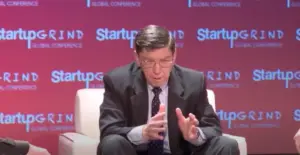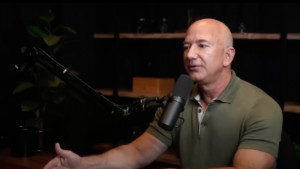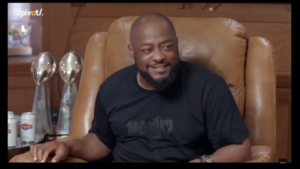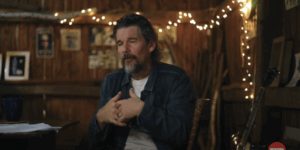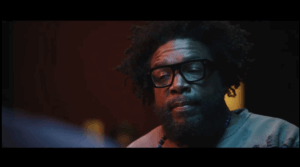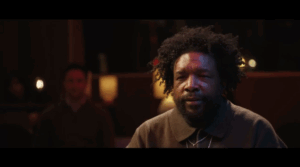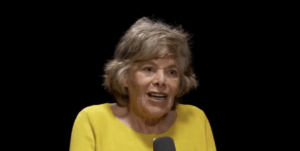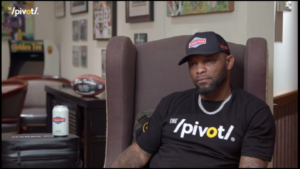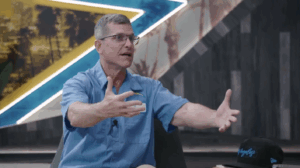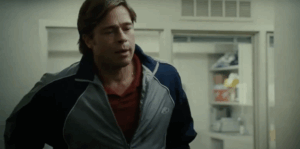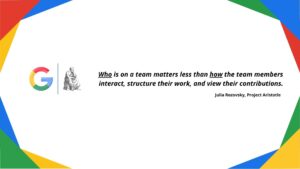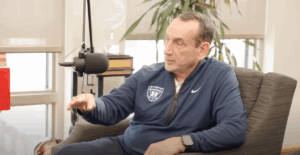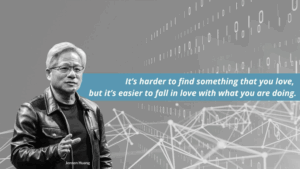Intentional Conversations. Stronger Teams. Seamless Integration.
Designed to sustain what matters most: culture, performance, and well-being.
Let us be your guide. Four StepBack Sessions provided each month to simplify your prep time!
- January
- February
- March
- April
- May
- June
- July
- August
- September
- October
- November
- December
|
New Sessions Coming Soon!
We’re working on making these sessions available to you shortly. In the meantime, feel free to explore additional sessions in our Library.
New Sessions Coming Soon!
We’re working on making these sessions available to you shortly. In the meantime, feel free to explore additional sessions in our Library.
New Sessions Coming Soon!
We’re working on making these sessions available to you shortly. In the meantime, feel free to explore additional sessions in our Library.

